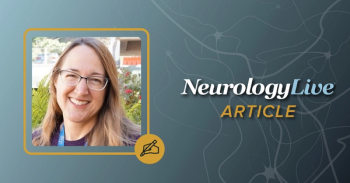
Published phase 3 data in JAMA Neurology highlighted tofersen's potential to slow ALS progression and improve survival, marking a breakthrough in SOD1-ALS treatment.

Published phase 3 data in JAMA Neurology highlighted tofersen's potential to slow ALS progression and improve survival, marking a breakthrough in SOD1-ALS treatment.

The director of Cleveland Clinic's Gamme Knife Center and Head Section of Spine Tumors writes about how stereotactic radiosurgery has transformed modern neurology and neurosurgery

The associate professor at The University of Tokyo talked about how lifestyle-focused multidomain interventions, including exercise, sleep, and nutrition, may improve cognitive function. [WATCH TIME: 4 minutes]

In the middle of 2026, the company is planning to submit a BLA for RGX-202 via an accelerated approval pathway.
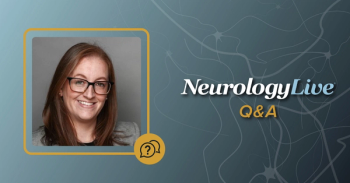
A trio of clinician authors provided insights on a recently published paper assessing youths with refractory epilepsy and ways to combat depressive symptoms.

The European Commission approved Biogen’s high-dose nusinersen regimen for 5q SMA, supported by DEVOTE trial data showing significantly improved motor function with a safety profile consistent with the standard-dose regimen.

The senior director of the Fluid Biomarker Program at Banner Health highlighted the evolving role of blood and fluid biomarkers in Alzheimer disease research and clinical practice.
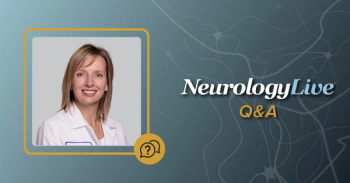
Annette Langer-Gould, MD, PhD, lead for clinical and translational neuroscience at Kaiser Permanente, discusses findings and significance from a recently published trial assessing rituximab in patients with relapsing multiple sclerosis.

The FDA approved Sentynl Therapeutics’ copper histidinate for the treatment of pediatric Menkes disease, a rare genetic neurodegenerative disorder, following an earlier complete response letter.

At MDS 2025, the professor of neurology at University de Tunis El Manar described the role of global collaboration in advancing the understanding, diagnosis, and management of Parkinson disease. [WATCH TIME: 6 minutes]

The FDA is expected to have a decision on efgartigimod as potentially the first approved therapy for seronegative myasthenia gravis by May 10, 2026.

The research portfolio director at the Muscular Dystrophy Association spoke about ongoing advances in ALS research and how they may inform approaches to therapeutic development. [WATCH TIME: 5 minutes]

Those from the clinical community may expect to hear data from the registrational trial assessing zorevunersen in Dravet syndrome by mid-2027.

Treatment with the orexin-receptor 2 agonist oveporexton was associated with improvements in attention, memory, and executive function in adults with narcolepsy type 1.

A phase 2 trial shows NNZ-2591 improves symptoms in children with Phelan-McDermid syndrome, paving the way for a phase 3 study.

Oculis advances Privosegtor, a potential first neuroprotective therapy for optic neuritis, following FDA breakthrough designation and promising trial results.

The clinical assistant professor at Feinberg School of Medicine outlined some of the major revisions proposed for the NMOSD diagnostic criteria presented at ECTRIMS 2025. [WATCH TIME: 8 minutes]

Here's some of what is coming soon to NeurologyLive® this week.

Annexon submitted an EMA marketing application for tanruprubart, a first-in-class C1q monoclonal antibody that showed faster and more complete recovery in Guillain-Barré syndrome patients across randomized trials.

Test your neurology knowledge with NeurologyLive®'s weekly quiz series, featuring questions on a variety of clinical and historical neurology topics. This week's topic is on epilepsy comorbidities!

Angela Lek, PhD, chief research officer at the Muscular Dystrophy Association, provided an outlook on the 2026 MDA meeting and what clinicians should look forward to in preparation.
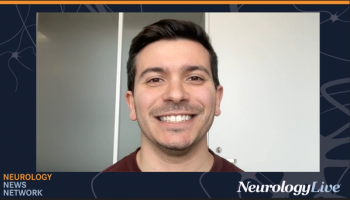
Neurology News Network for the week ending January 10, 2025. [WATCH TIME: 4 minutes]

A review of clinical trial and real-world data found no evidence that oral anticoagulants increase brain imaging abnormalities in patients treated with lecanemab or donanemab for early Alzheimer disease.

Take 5 minutes to catch up on NeurologyLive®'s highlights from the week ending January 9, 2026.
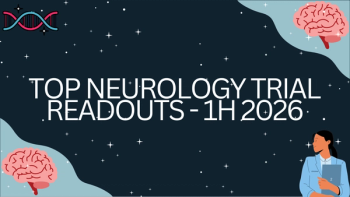
Review upcoming clinical trials with data readouts expected in the first half of 2026, providing updates relevant to ongoing research and clinical practice in neurology.

Bright Mind Biosciences reveals promising results for BMB-101 in treating drug-resistant seizures, paving the way for future clinical trials.

Mind Moments®, a podcast from NeurologyLive®, brings you an exclusive interview with Johannes Streffer, MD. [LISTEN TIME: 14 minutes]
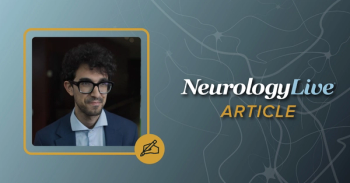
In a pilot study, liraglutide, a drug used for diabetes and weight-loss, significantly reduced headache days in patients with obesity and chronic or high-frequency migraine, suggesting a potential new preventive therapy.

At ECTRIMS 2025, the professor of biomedical engineering at the University of Bern discussed virtual reality technologies for multiple sclerosis rehabilitation. [WATCH TIME: 3 minutes]
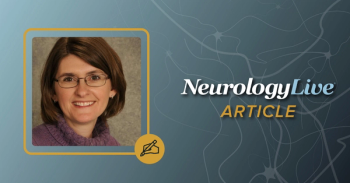
A recent analysis reveals fenfluramine's positive effects on executive functioning in adults with Lennox-Gastaut syndrome, independent of seizure reduction.